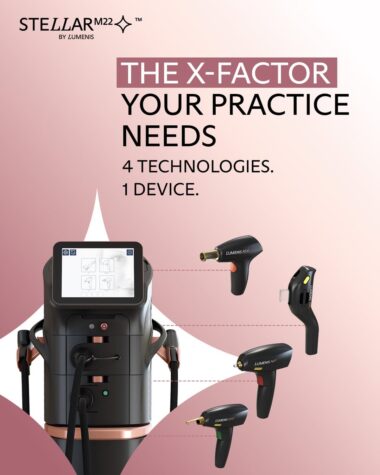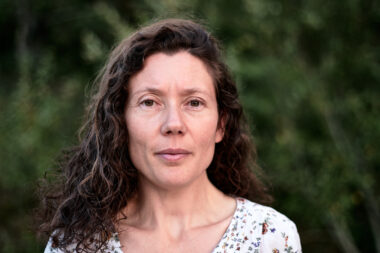In an effort to boost feelings of safety and inclusion for women in public spaces, Monash University and Griffith University have come together to create the Safe Spaces Project.
The Safe Spaces: Understanding and Enhancing Safety and Inclusion for Diverse Women report launches on Wednesday 25 October, and provides an opportunity for community organisations and local governments to discuss gender-aware design possibilities for public places and spaces.
The Safe Spaces project engaged over 200 women from diverse backgrounds, including those from different ethnicities, cultural backgrounds, life stages and abilities. It examines both the physical and social aspects of public spaces that contribute to feelings of worry and exclusion.
With the research undertaken across three local government areas in Greater Melbourne, the project considers the experiences of women living in Wyndham City Council, Melton City Council and Monash City Council.
Through surveys, focus groups, walking interviews and a co-design workshop, the project aimed to understand women's experiences and create strategies for improving safety and inclusion.
The co-design workshop revealed that a safe public place was one where women:
- felt no fear
- felt included
- could be themselves
- could be comfortable
- were connected to other people
- were connected to nature
Another core theme was the fear of darkness or catching public transport after dark, with particular regard to the perception of unpredictable behaviours of young men.
While improved lighting was one recommendation, some participants were concerned that adding lights in natural environments might disturb local wildlife and nocturnal animals, leading to the suggestion of installing dimmer lights in certain locations.
Co-Design lead and Director of XYX Lab, Gender + Place at Monash University, Associate Professor Nicole Kalms highlighted the importance of considering co-design with women.
"The gendered safety concerns revealed by the project provided strong evidence against safety strategies that are solely concerned with 'improved lighting’,” Associate Professor Kalms said.
“Strategies to improve safety must be informed by women’s lived experiences and include actions that bring about stronger connections among different user groups of public spaces."
Project lead, Professor Rebecca Wickes of Griffith’s School of Criminology and Criminal Justice, said the collaborative endeavour sought to provide insights into why some public areas are perceived as 'unsafe.'
“Some women actively avoid public spaces for fear of their safety,” Professor Wickes said.
“Understanding both the specific physical and social elements of public places that lead to feelings of worry and exclusion is foundational for the development of place-based strategies encouraging inclusion and safety for women.
“Across the project, women spoke of connection to place and people as important for their wellbeing, safety and inclusion, with safety being seen not as something we can ‘set and forget’ but an issue to constantly be navigated.”
CEO of Welcoming Australia, Aleem Ali, also emphasised the relevance of the Safe Spaces project from a welcoming cities perspective.
"Approaches to safety in new and existing public spaces have long needed a blueprint for inclusion,” he said.
Colin Bostock from Monash City Council emphasised how the findings from the report and the toolkits are already assisting councils in better planning for safety and inclusion.
“Designed for and with diverse community members, the Safe Spaces Report and Toolkits offer a clear framework for ensuring the safety and inclusion of all, especially women from culturally diverse backgrounds," he said.
"The Safe Spaces Project has provided councils with a range of practical toolkits to help us engage with and understand women’s lived experiences in our local community.
“The strong research and community consultation resources will lead to evidence-based strategies for our community to improve perceptions of safety for women of different ages, abilities and cultural backgrounds."
Safe Spaces: Understanding and Enhancing Safety and Inclusion for Diverse Women is a collaborative effort between Monash University, Griffith University, University of Sydney, Wyndham City Council, Melton City Council, Monash City Council and Welcoming Cities.
-ENDS-
MEDIA ENQUIRIES
Monash University
T: +61 3 9903 4840 E: [email protected]
For more Monash media stories, visit our news and events site



